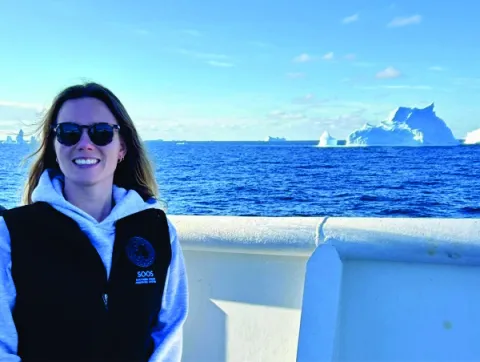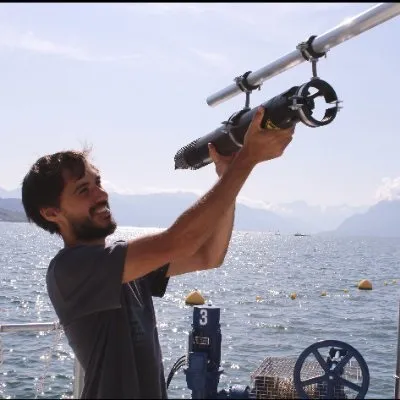About the project
We invite you to explore the role of ocean mixing on Antarctic ice melt. You will use acoustic and oceanographic data from West Antarctica to unlock an untapped data set. You will generate new knowledge of the dynamics of ocean mixing that is crucial for understanding Antarctic ice loss.
For this PhD project, your primary objective is to understand how and why Antarctic ocean mixing rates vary. Mixing – stirring and blending of different waters – sets the oceanic properties in Antarctica’s shelf seas and beyond. You will use the method of Seismic Oceanography to analyze several datasets collected in the West Antarctic Peninsula. You will analyze seismic reflection surveys, alongside oceanographic data, to extract high-resolution imagery of ocean structures and their property fields, focusing on mixing processes. You will use established techniques and develop new methodologies to reach you primary objective. In doing so, you will answer the following key questions:
- What are the drivers, variability, and possible trends in ocean mixing rates in the West Antarctic Peninsula?
- How have mixing rates influenced water temperatures and, consequently, ice melt in the region?
- How do historical mixing rates compare with contemporary measurements and model predictions?
By combining seismic surveys with oceanographic data, you will produce new insights into the role of ocean mixing on Antarctic waters that are not otherwise possible. The outcomes of this research will contribute to a better understanding of how ocean mixing influences melt of Antarctic ice, thereby informing global strategies for climate adaptation.


